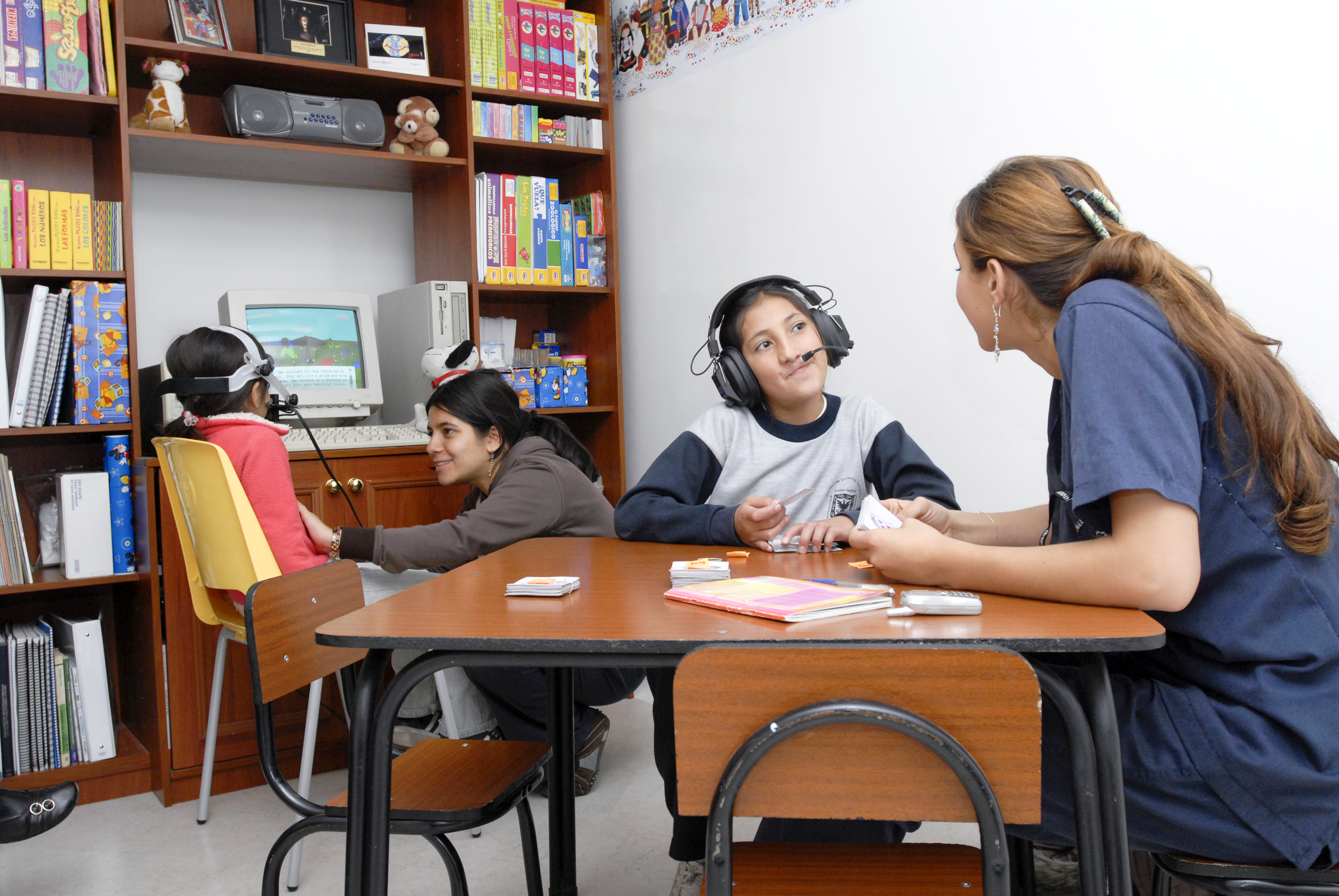by Lizet Campos, Regional Director, Global Business Operations, Operation Smile
The COVID-19 pandemic has brought with it challenges that I’d never I’d face as a regional director for Operation Smile. I’m based in Peru, a country that has been hit particularly hard by the coronavirus, not only in terms of human suffering and lives lost but also the economic hardship resulting from lockdown measures.
Prior to the pandemic, my work revolved around providing access to surgery and long-term multidisciplinary care for people affected by cleft lip and cleft palate in Bolivia, Ecuador, Mexico, Paraguay and Peru through close collaboration with our field staff. But as it did for the other 27 countries where Operation Smile conducts medical and education programs, that work came to a halt in March as this terrible virus spread around the world.
Yet, our organization refused to stand aside in the face of this adversity. We immediately came together to make sure that we could do everything possible to keep our promise of caring for our patients and their families, as well as our volunteers and staff, during this uncertain time.
As large-scale surgical and in-person cleft care delivery remains postponed in most of the places where we work, we knew we had to tap into our creativity and perseverance to develop new ways to extend lasting benefit to our patients. This commitment took on many forms around the world, from donations of personal protective equipment to front-line health care workers to providing direct relief to patients and families with food and hygiene supplies as their livelihoods suffered amid lockdowns.
My teammates and I knew that our ability to adapt to this new reality would be crucial to the well-being of our patients, and we didn’t need to look far to recognize the opportunity to do just that.
Speech therapy is an essential component of comprehensive cleft care that is provided to our patients at our care centers across Latin America and around the world. Consultations can begin soon after a child is born, as speech therapists provide families with advice on how to properly feed their child, as cleft lip and cleft palate can make eating extremely difficult. Speech therapists can even provide patients with palate-strengthening exercises before surgery that help improve the procedure’s outcome. As a child grows and begins to speak, their ongoing care helps patients be able to speak more clearly.
Most of this work was done at care centers and provided to patients in person, but suddenly this became impossible to do.
However, we already knew that many of our patients’ families had access to either internet-connected smartphones or computers. Within weeks, speech therapists in places like Nicaragua were contacting families and resuming – or even beginning for the first time – virtual consultations for hundreds of patients while the doors of our centers remained closed to the public. If families lacked internet access, therapies were delivered via telephone as well.
While this kind of care delivery began to take shape, I recognized the opportunity to unify these efforts into a program that could serve as a model for virtual speech therapy for our patients around the world. There is also a lack of certified speech therapists throughout the Latin America region and in many other low- and middle-income countries, so we knew it would be critical to offer training and education opportunities to speech therapy providers so that more – and more qualified – therapists can deliver care to more patients.
Working closely with my fellow regional directors Indiana Siu and Ashby Owens, we created the concept of the program called “HablemOS,” a play on words meaning “let’s talk” in Spanish with the capitalized “OS” at the end of the word symbolizing Operation Smile.
In collaboration with our medical oversight team and speech council, the organization approved the concept, and, together with my fellow Latin America regional directors, program manager Mauricio Rojas of Mexico and program coordinator Maria Cristina Galindez of Venezuela, we implemented HablemOS in mid-August.
So far, the program is proving to be a resounding success: To date, our teams Latin America have delivered speech consultations to more than 2,100 patients. There’s also an in-person component of HablemOS, as 428 of the consultations were given at our care centers in Managua, Nicaragua, Asunción, Paraguay, and Bogotá, Colombia, though this continues to be conducted on a much more limited basis than the virtual therapy sessions.
Working together with the Mexican speech and language therapy nonprofit Hablarte E Integrate, the training and education arm of the program has an enrollment of 61 speech therapists from 13 Latin American countries.
Beyond the obvious need to shift more and more of our operations to virtual means as the world continues to cope with the effects of COVID-19, I’m also heartened by the deepening of Operation Smile’s investment in speech therapy, which is critical to helping our patients live dignified and fulfilling lives. The HablemOS team is honored to lead the way in developing a program that has the potential to be replicated and implemented everywhere that Operation Smile works.


